Want to save with Paschal? Don’t miss our current offers and specials

Want to save with Paschal? Don’t miss our current offers and specials
Return to Paschal Resource & Education Hub
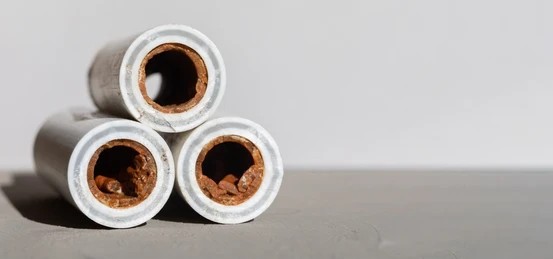
When you heat water or reduce its pressure, the dissolved minerals in hard water, mainly calcium and magnesium, can form a crust called calcium carbonate scale. This off-white, rock-like deposit sticks to pipe walls, heating elements, valves, aerators, and almost anywhere water touches a surface. Over time, this scale can:
Researchers at the USGS show classic examples, such as pipes nearly choked by limescale. The same process happens in your plumbing, water heater, dishwasher, and more.
Long-term scale buildup reduces pipe diameter and increases pressure drop, which can appear as weak showers or slow-filling fixtures even if your municipal water pressure is fine. USGS research notes this effect specifically in household plumbing.
If your plumbing mixes metals (like copper and galvanized steel) or your water has aggressive chemistry, corrosion can occur alongside scale. This combination may cause leaks at fittings, stuck shutoff valves, or pinhole leaks in hot-water loops.
Hard water simply has higher levels of dissolved calcium and magnesium. Nationally, hard water is common, especially across the central and western United States. Water hardness is usually reported in milligrams per liter (mg/L) as calcium carbonate or grains per gallon (gpg). A common conversion is 1 gpg = 17.1 mg/L.
According to the USGS, hardness categories are:
It is important to note that hard water is not a health concern and can even contribute small amounts of dietary calcium and magnesium. The problem is the effect on your home, appliances, and efficiency.
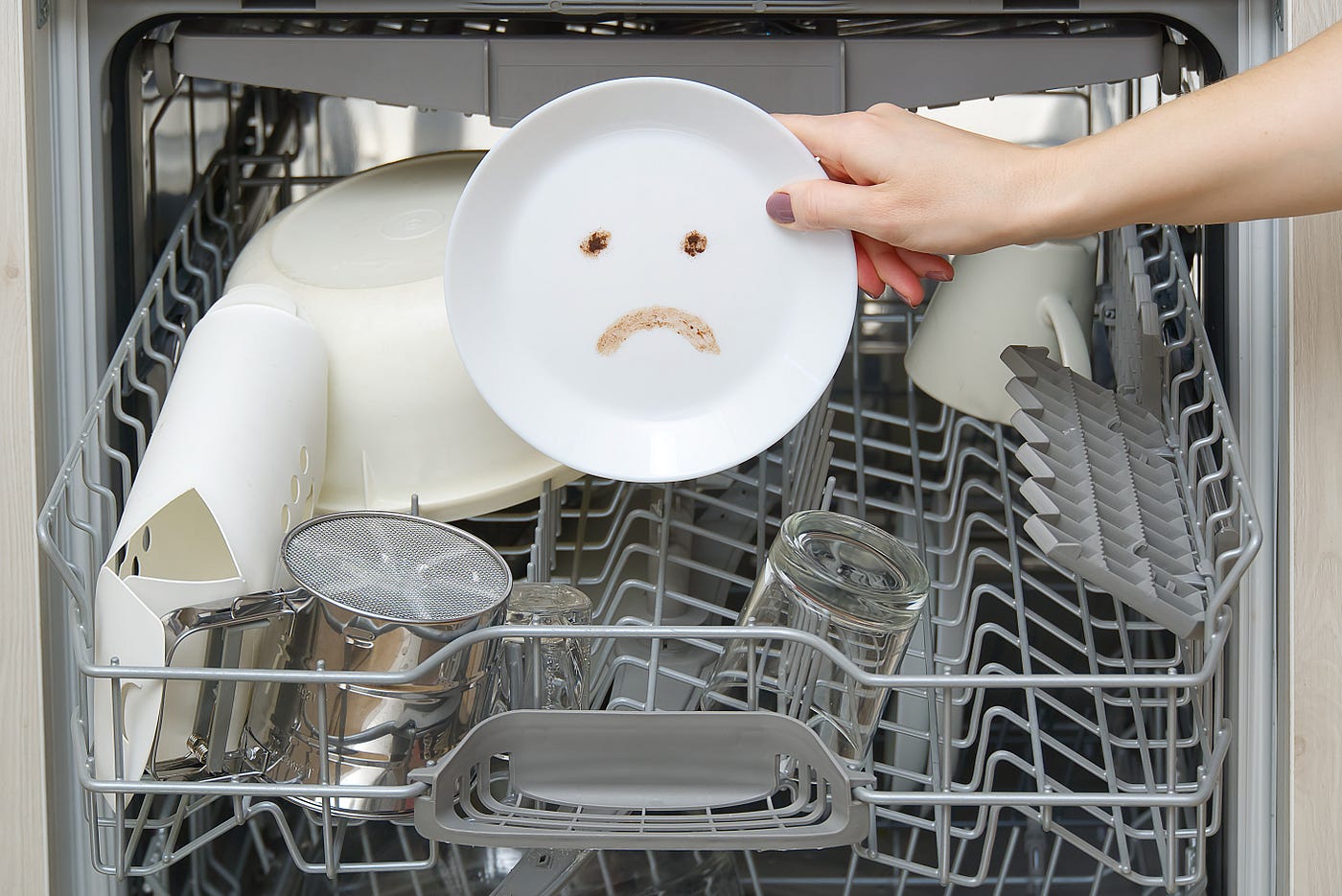
Hard water leaves spotting and film on dishes and clogs spray arms and inlet screens. Manufacturers like Whirlpool recommend using water softeners when hardness reaches around 15 gpg to protect dishwashers and ensure quality washes.
What helps: Install a whole-home water softener, keep the dishwasher’s built-in softening or rinse-aid system properly set, and clean filters and spray arms periodically.
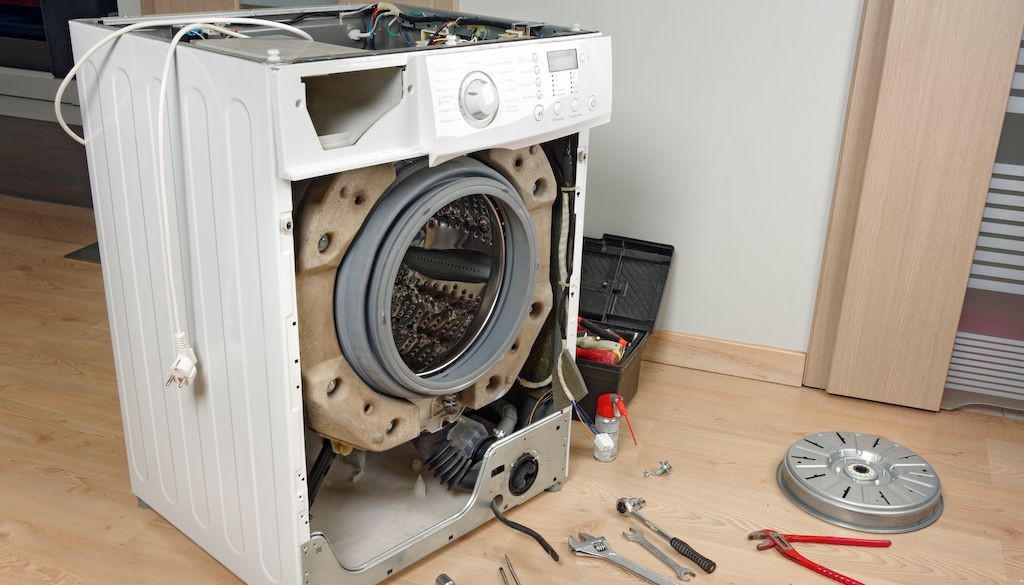
Hard water makes detergents less effective, which leads homeowners to use more soap. This can make fabrics feel stiff and colors fade faster. Softening water improves wash performance at lower temperatures and with less detergent, according to educational resources from the U.S. Environmental Protection Agency (EPA).
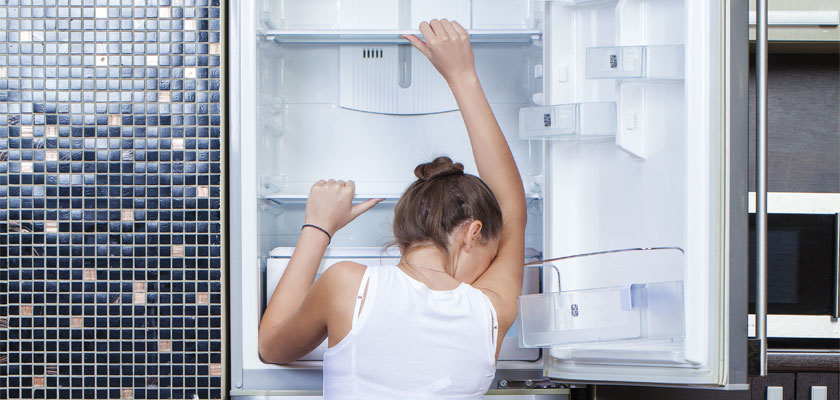
Scale buildup on heating elements and valves slows brewing, affects taste, and can lead to appliance failure. Many manufacturers exclude scale damage from warranties. A small point-of-use (POU) filter at the fridge or coffee station, combined with whole-home treatment, provides ideal protection.
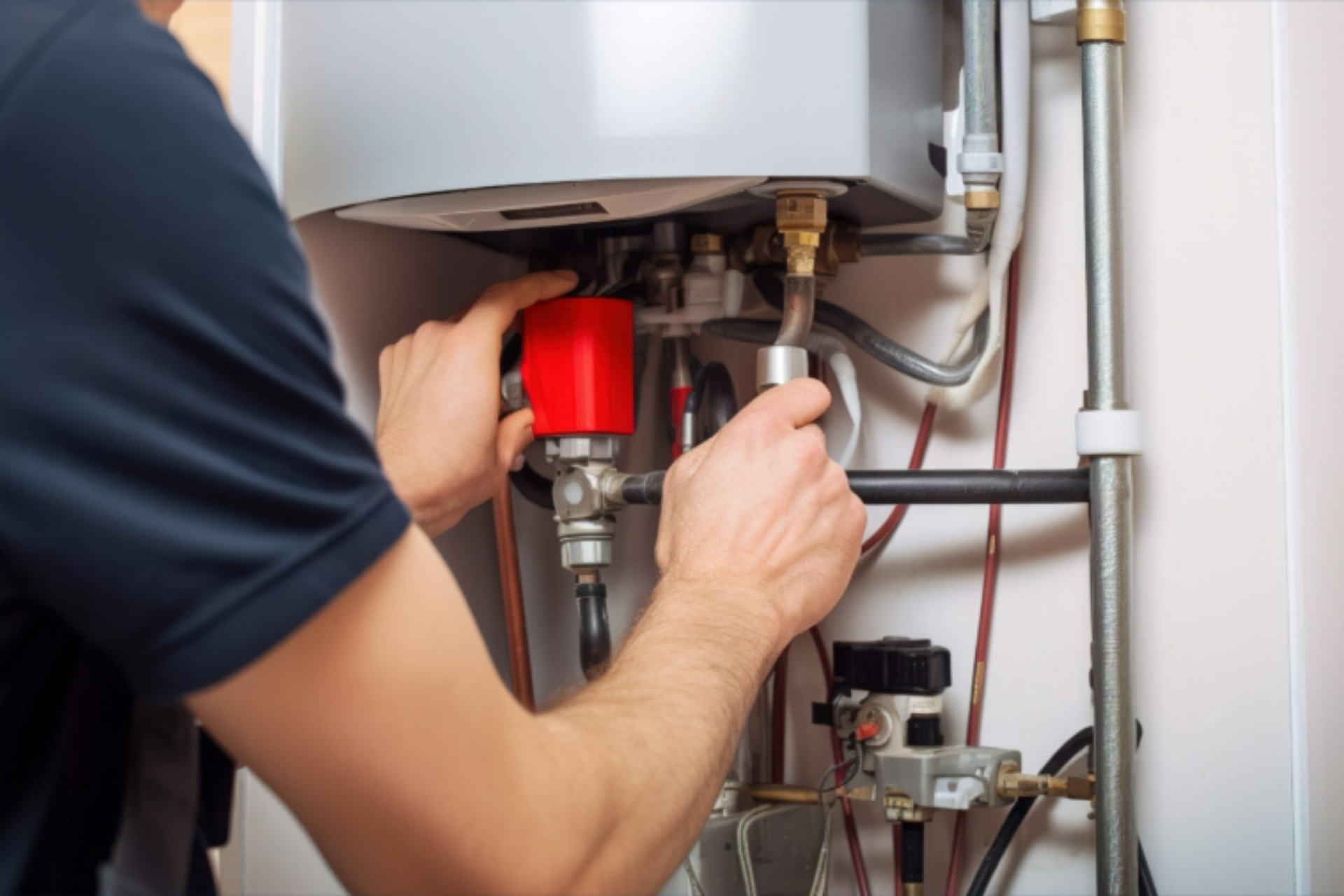
Scale on tank elements or inside heat exchangers reduces efficiency and shortens the life of your water heater. For tankless units, small passages scale quickly and can trigger error codes. Regular descaling and feed-water treatment are crucial. The EPA and Pacific Northwest National Laboratory (PNNL) flag performance losses without treatment.

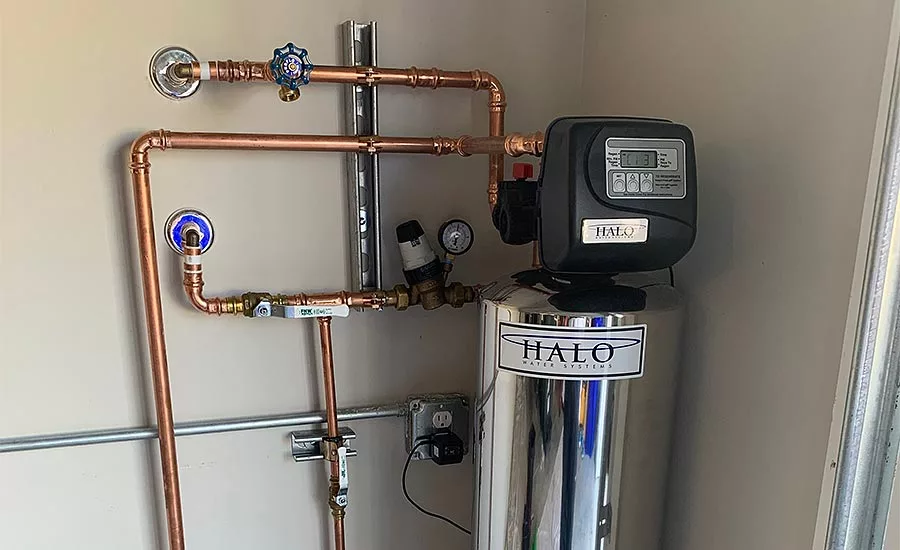
Detergents underperform in hard water. After softening, you can use less soap and lower temperatures, saving energy and extending the life of fabrics (EPA WaterSense).
Many appliances and water heater warranties exclude failures caused by scale or sediment. Even if not explicitly excluded, scale-related repairs are rarely covered. Preventing hardness problems is usually cheaper than replacing a prematurely failed heater, dishwasher pump, or ice maker valve.
Is hard water safe to drink?
Yes. Hard water is not a health hazard and can provide small amounts of calcium and magnesium (USGS Drinking Water).
How do I convert mg/L to grains per gallon?
Divide mg/L (ppm) by 17.1. Example: 171 mg/L ≈ 10 gpg (Santa Rosa Water).
What hardness level counts as a problem?
USGS classifies water with 121 mg/L (≈7 gpg) or higher as hard. Many dishwashers recommend softening at 15 gpg, and most homes see benefits starting in the hard-water range (USGS, NuvoH2O).
Can “salt-free” conditioners replace a softener?
They can reduce scale adhesion in some conditions, but performance varies. For consistent whole-home protection, a conventional softener is still the most proven approach (Liebert Publications).
Will fixing hardness help my energy bills?
Yes. Scale insulates heating surfaces and reduces flow. The EPA and DOE/PNNL note efficiency losses in water heating caused by scale, and preventing buildup restores efficiency (US EPA).